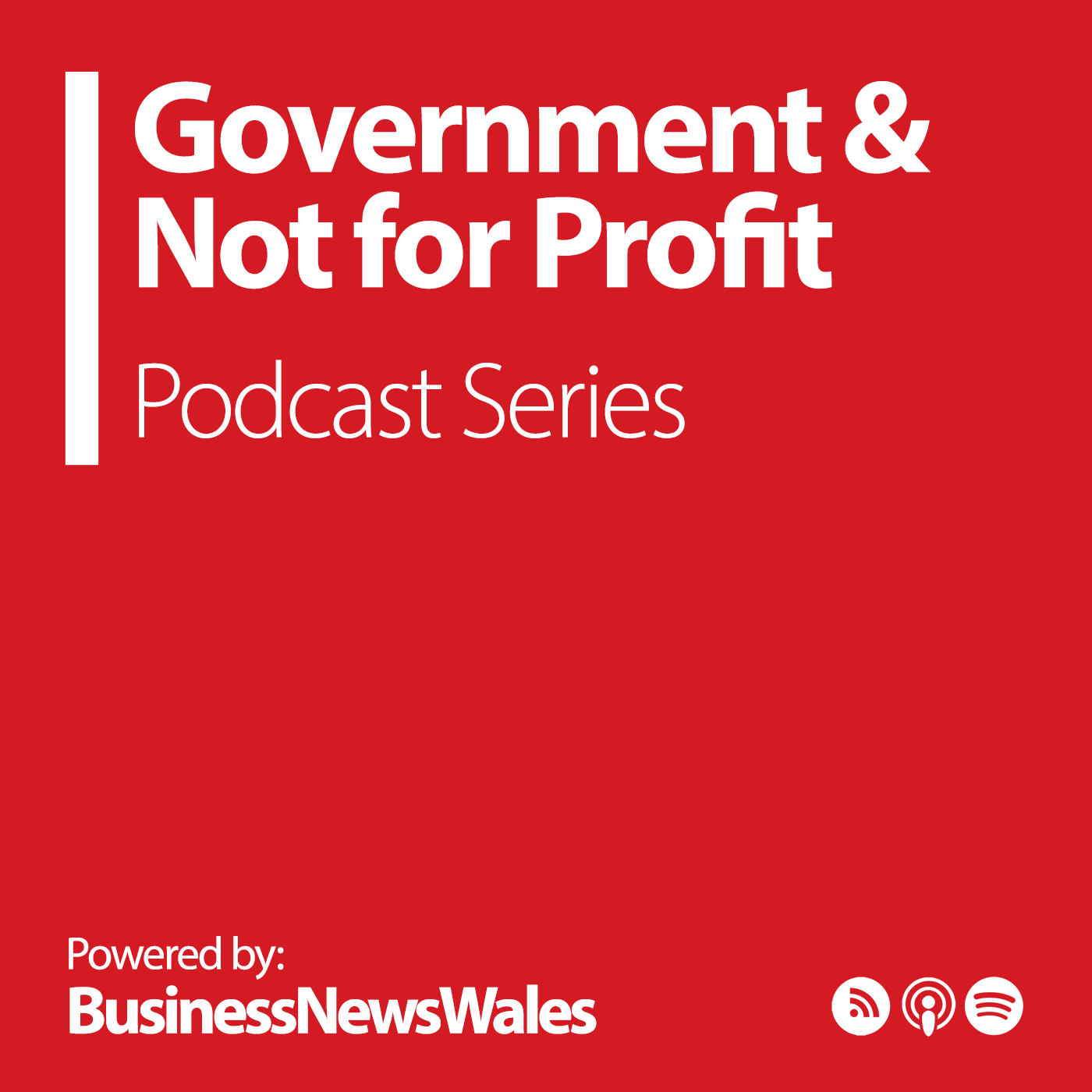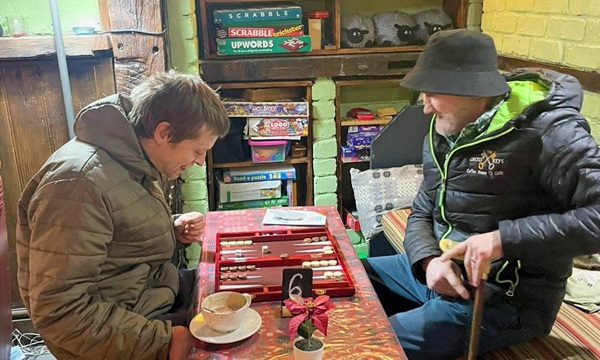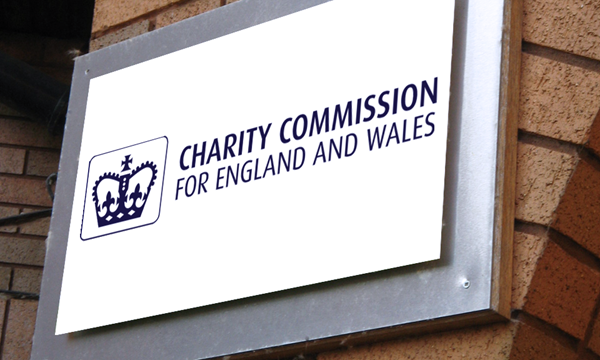A new report published by Building Communities Trust (BCT) reveals how communities across Wales have mobilised to support residents through the cost-of-living crisis.
Building Resilience: Community Responses to the Cost-of-Living Crisis draws on detailed case studies, interviews, and fieldwork from seven of the 13 communities participating in BCT’s flagship Invest Local programme. The research highlights the pivotal role of community organisations in responding to surging costs of food, energy, and housing – pressures that have risen significantly faster than incomes and benefits since 2021.
The report finds that grassroots responses have centred on three main strategies:
- Helping people cut costs, through initiatives such as community pantries, low-cost shops, and affordable leisure activities;
- Improving access to advice and support, particularly on welfare, housing and energy; and
- Supporting dignity and wellbeing, by creating welcoming spaces that reduce stigma and promote mental health.
While these initiatives have helped many residents reduce expenditure, tackle isolation and improve wellbeing, the report notes that community-led responses are inevitably limited by local capacity and cannot, alone, address the root causes of poverty.
Chris Johnes, Chief Executive of BCT, said:
“This research shows that when communities are trusted and resourced effectively, they can act quickly with compassion and creativity to support one another. The resourcefulness that we see within our Invest Local programme demonstrates that even modest, flexible funding can unlock extraordinary local potential – helping people to weather crises while strengthening the social fabric that holds communities together.”
The report concludes that the success of these local responses to date has been made possible by investments made through the Invest Local programme since 2016, which has helped to build human, physical and social capital in these communities.
Eleri Williams, Policy and Research Advisor at BCT, added:
“These groups are not just running food projects or warm hubs – they are creating spaces where people feel seen, supported and part of something bigger. That sense of dignity and belonging really helps people to feel resilient, even in the toughest of times.”
Building Resilience: Community Responses to the Cost-of-Living Crisis makes clear that while community action alone cannot eradicate poverty, it can and does make a meaningful difference, offering practical help, emotional support and hope in the face of unprecedented challenges.
BCT said it also highlights some of the inevitable limits of community-led action, which are also inherent in the design of the Invest Local programme as a community development, rather than anti-poverty, programme. It is a timely report ahead of both the UK Budget 2025 and the Senedd elections in 2026, it added.












